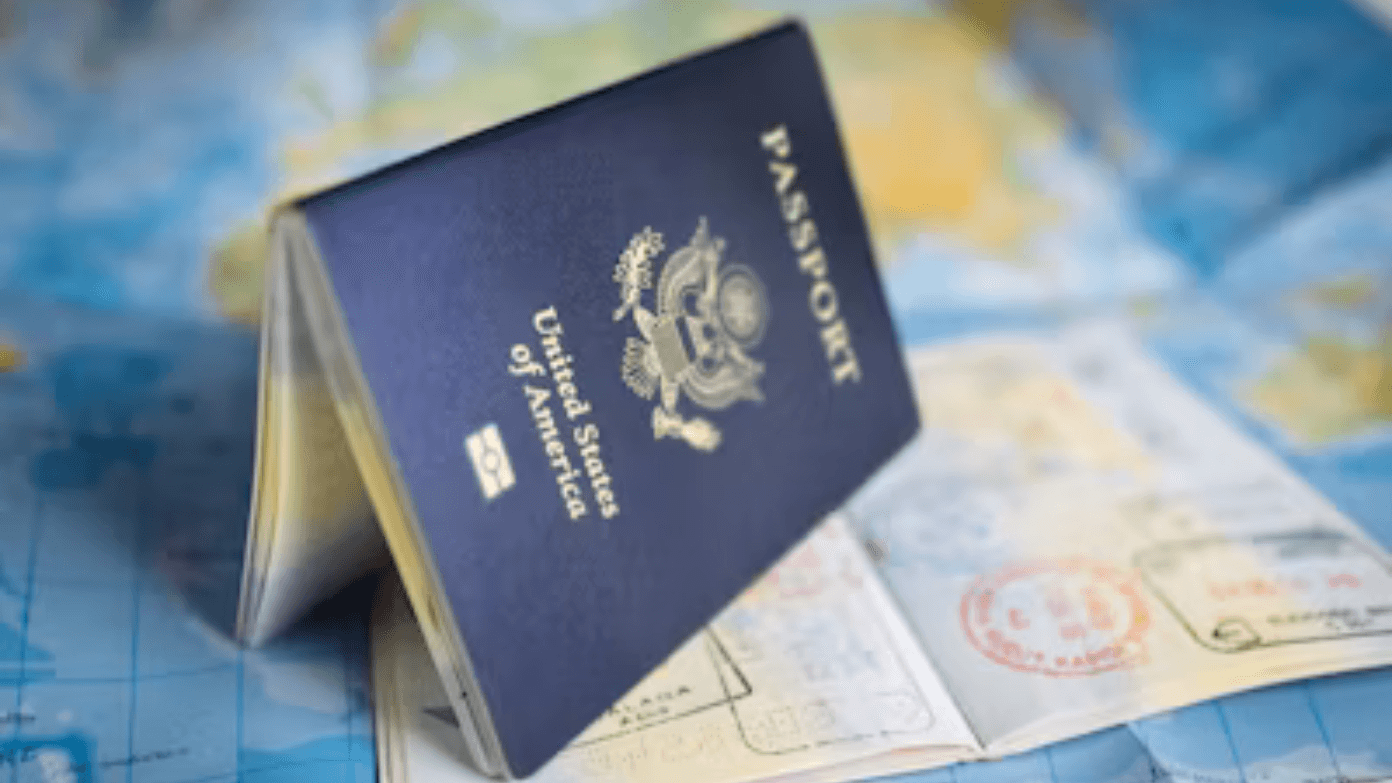While the new $250 Visa Integrity Fee applies quite generally to nearly every type of nonimmigrant visa issuance, there are some key groups that are fully exempted-that is, they do not have this additional surcharge when entering the United States.
What is the Visa Integrity Fee?
It was signed into law on July 4, 2025, as Title V of the ‘One Big Beautiful Bill Act’ (H.R. 1). All nonimmigrant visas issued by U.S. consulates outside the United States will incur a minimum $250 fee with the implementation of the Visa Integrity Fee. The fee takes effect on October 1, 2025, and is aimed at:
- Generating revenue for border and immigration enforcement
- Inducing compliance with the terms of the visa
- Offsetting administrative and security screening costs
It is collected at the time of visa issuance (after approval but before stamping) in addition to existing machine-readable visa (MRV) fees and any reciprocity fees charged by the applicant’s home country.
Who needs to pay the fee of $250?
Applicable to virtually all nonimmigrant visa categories:
- Tourist and Business Visas: B-1/B-2
- Student and Exchange Visas: F-1, F-2, J-1, J-2, M-1
- Work Visas: H-1B, L-1, O-1, P, TN and their dependents (H-4, L-2, O-3, P-2, TD)
The fee is payable at the time of issuance; no fee is charged for denied applications. The first annual adjustment for inflation to the fee will take place in fiscal year 2026.
Who is exempt from the Visa Integrity Fee?
In spite of its broad provisions, the legislation and relevant regulations exempt several important groups of people.
Visa-Waiver Program countries such as Australia, Japan, and most European nations are exempt from paying the fee, provided they travel under the Electronic System for Travel Authorization (ESTA). Also exempt are Canadian nationals, who normally do not require nonimmigrant visas for short-term visits, along with holders of passports which are of Bermuda.
Neither the official nor the diplomatic visa-holders-their dependents are not included as well-are subject to the payment of this fee under A-series (diplomatic), G-series (international organization), and some NATO visa types. Refugees and asylees manifolded into the country through humanitarian protocols will also have this privilege.
In addition, minors and seniors might be exempt depending on the decision from the Department of Homeland Security. The fee may also be waived under specific determinations by the U.S. Department of State for cases of hardship, public interest, or bilateral reciprocity.
How exemptions work in practice
An exempt applicant does not pay the $250 surcharge when his or her visa is issued or when his or her ESTA application is approved. None of these retroactive charges apply if a traveler’s status shifts from visa-exempt to visa-required; the fee only applies when a new visa is issued. Dependents accompanying official or diplomatic visa holders automatically share the exemption status.
For the record, the new visa price remains $185 alongside the new $250 fee, bringing the total cost to $435.
Rationale behind exemptions
These exemptions are made on a basis of diplomatic reciprocity so that no U.S. diplomat abroad is subject to the surcharge on visas. Humanitarian considerations protect refugees, asylees, minors, and seniors from financial obstacles. Reciprocity with allied nations upholds long-lasting visa-free or visa-waiver arrangements.
Although the Visa Integrity Fee might be refundable for compliant travelers, actual mechanisms for refunds in practice are yet to be established. For now, it frees those in the exempt categories from fears that the new $250 fee would affect them. It thus offers substantial relief and certainty in the midst of general increases in visa costs affecting most other applicants seeking nonimmigrant visas.
Read more: Trump revamps tariff plan with new executive order raising tariffs on multiple countries
Read more: $600 stimulus check from tariff income for Americans: what we know so far

